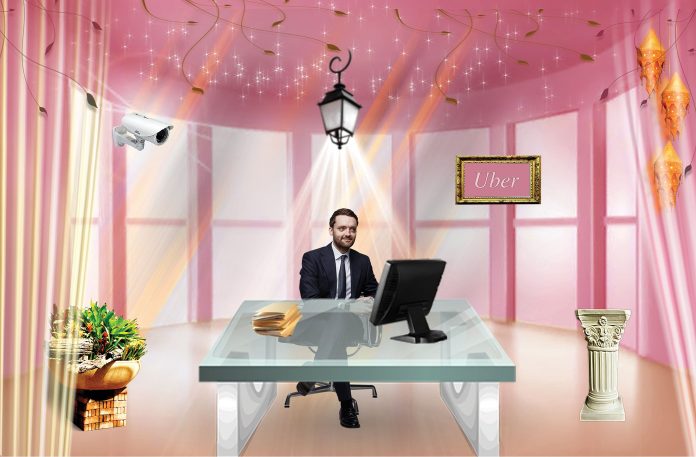An immersive exhibition opening this week (Friday 11 November 2022) explores the powerful relationship between data, technology and people to make us think more about how we live in an increasingly digital world.
Research by Dr Phillipa Williams and Dr Lipika Kamra from Queen Mary University of London looks at how ‘big tech’ like Meta-owned WhatsApp affects the ways that privacy is designed, regulated, discussed and experienced – by everyone from ordinary people to national governments.
‘Privacy Techtonics’ presents the latest findings from this ongoing three-year research project alongside multi-media artworks, film screenings, podcasts, artist interviews and commissioned texts. While the exhibition is open, each week different artwork will take over the space, curated by Nottingham artist Candice Jacobs to resonate with the research themes.
The research studies WhatsApp in its largest market, India, as an example of how big tech companies increasingly focusing on private rather than public digital spaces can influence political life. Artwork in the exhibition touches on issues like software being designed to influence people’s choices and governments using spyware to infiltrate private WhatsApp groups, raising important questions about the balance of public and private interests in a digital age.
Dr Phillipa Williams, reader in human geography at Queen Mary University of London, explained: “India has more WhatsApp users than any other democracy, but while this tech is meant to enhance democratic life, it can also undermine it. The platform can be used by ordinary citizens to discuss personal political views, but crucially we’ve seen parties use it not just to organise themselves but to communicate with and influence potential voters.
“The Indian Government held WhatsApp responsible for spreading misinformation, and its privacy policy update in 2021 provoked public outcry. WhatsApp is marketed as a personal safe space for communication with trusted contacts, but our research has found that the ‘digital living room’ is not a safe or secure space for all. We need to recognise how the idea of digital privacy sometimes benefits big tech board rooms more than its users, depending on who you are and where you live.”
Dr Lipika Kamra, lecturer in politics and international relations of South Asia at Queen Mary University of London, concluded: “Our exhibition combines extensive research and creative artworks to explore the complex relationship we have with data and technology, to inspire questions about our lives and futures in an increasingly digital world – and to spark conversations about what alternative worlds we might want or need to create. Who has a right to digital privacy? How is privacy constructed and regulated, and who by? Can we carry on like this, and do we want to?”
The ‘Privacy Techtonics’ exhibition is free to visit online at www.otoka.org, and in person at Nottingham’s Broadway Gallery, from Friday 11 November to Sunday 4 December. Artists whose work will be showcased at the exhibition include Ben Grosser, Forensic Architecture, James Bridle, Joey Holder, Libby Heaney, Tara Kelton and Yuri Pattison.
Find out more about the Queen Mary research behind the exhibition at whatsapppolitics.com.

